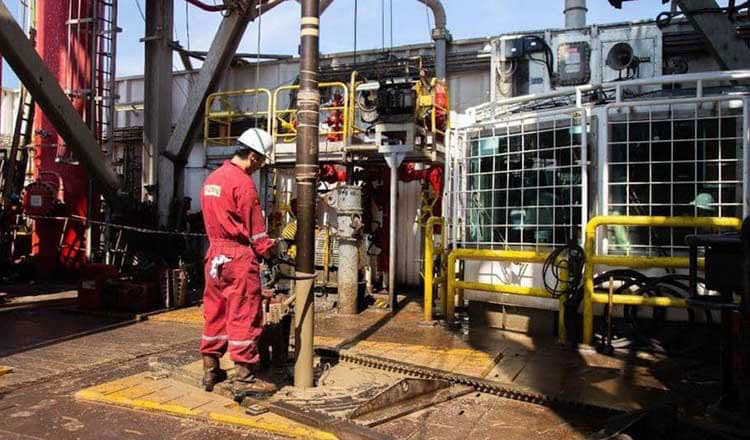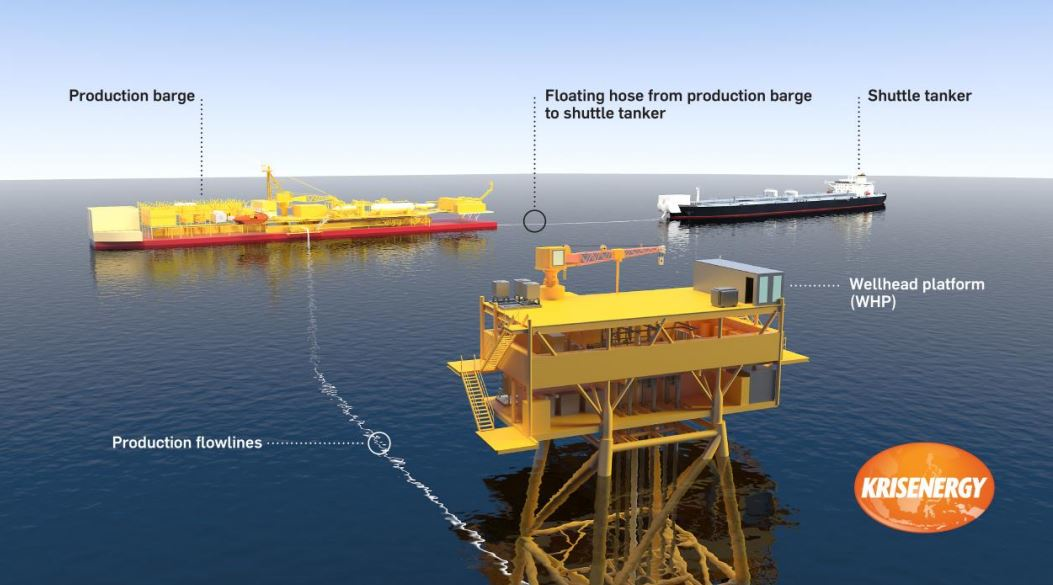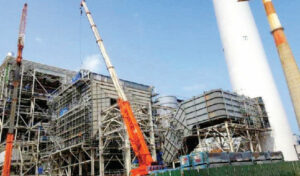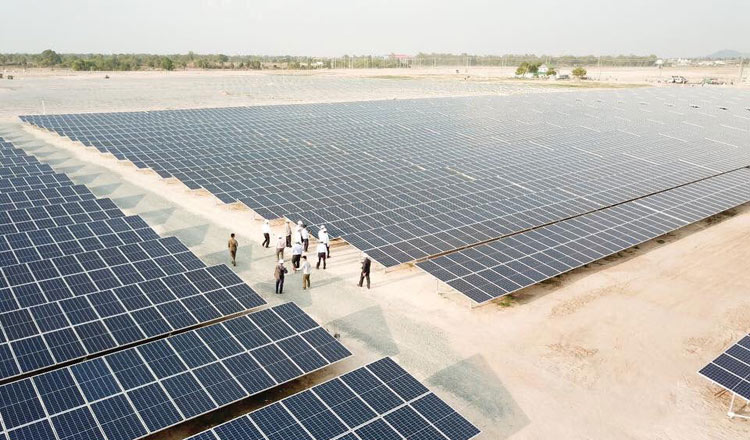Russian energy investors to tap the Kingdom’s oil
 All pumped up but no takers. Cambodia is hoping Russian oil companies will tap its vacant blocks. Supplied
All pumped up but no takers. Cambodia is hoping Russian oil companies will tap its vacant blocks. Supplied
Cambodia is turning to Russian investors after Singapore’s KrisEnergy abandoned the only operational offshore oil block in the Kingdom’s waters. Sok Khavan of the Ministry of Mines and Energy appealed to business leaders during the recent Online Business Mission of Russian Companies to the Kingdom of Cambodia. The Secretary of State pointed out that Russian firms have experience in searching for oil in the Kingdom, both inland and offshore.
Cambodia has six offshore blocks, nineteen onshore and four disputed with Thailand. One thing it can offer Russian oil companies is the opportunity to invest in blocks that are not in disputed territorial waters, other than the 26,000 square kilometre area in the Gulf of Thailand, over which Bangkok and Phnom Penh are still haggling. That may attract firms who have had their fingers burned in neighbouring countries’ oil fields.
Russian oil company Rosneft cut a contract with UK-headquartered offshore drilling contractor Noble Corporation last year. The two were working together on an oil project in Vietnam but came under pressure from China to pull out because of disputes over who has drilling rights in the South China Sea.
The odds that Russian firms will invest in Cambodia’s off and onshore blocks are fairly limited at the moment both for market and political reasons, according to Nick Birman-Trickett, political risk and energy analyst of the Young Fabians Economy and Finance Network.
“Russia’s leading oil firms are still managing output reductions in coordination with Saudi Arabia and OPEC because oil demand hasn’t yet recovered to pre-Covid levels, nor will it in the short-run until air travel restrictions and international travel resume in full,” he said.
“Any additional capacity investments anywhere still face considerable uncertainty over demand and that’s before sanctions risks come into play. Gazprom and Novatek, Russia’s largest natural gas producers and exporters, have no reason to invest abroad. There’s plenty of supply domestically that’s low-cost. If anyone were to invest, it’d be Rosneft.”
Cambodia’s oil industry has had its share of ups but mostly downs. The Kingdom began granting concessions in the 1980s, attracting Japan’s JAPEX and Idemitsu Kosan. Both companies returned their concessions, only for America’s Chevron and Japan’s MOECO to step in. That agreement ended acrimoniously, only for Singapore’s KrisEnergy to step in. Now that the company has filed for insolvency, and allegedly fled with a tankerful of oil, the market is wide open again. It may stay that way for a while. Prime Minister Hun Sen described KrisEnergy’s abandoned efforts in Block A as “a failure”.
Russian firms such as Rosneft may also avoid investing in Cambodia for fear of offending its biggest customer, China, according to Birman-Trickett
“Russia wouldn’t gain much from a presence in the energy sector if it just develops oil and gas deposits per se but international oil companies from Europe and the US probably aren’t interested in Cambodia right now,” he said. “It buys some goodwill and favour, especially since oil and gas always generate tax receipts, but owning key infrastructure like power grids or ports would be a more significant symbol of influence and I suspect not what Russian investors and firms are driving at or capable of delivering, assuming that someone in Moscow sees an opportunity to impress their friends and bosses or someone else with good returns on these investments.”
There is still a need for largescale spending to find new fossil fuel supplies, according to the US Commerce Ministry.
“Over U$5.5 trillion of upstream investment will be required to meet world demand in the next 10 years,” the International Trade Administration said in its 2021 Energy Reserve Guide.
“Worldwide spending in offshore oil and gas field development needs to increase by 20 percent to meet future demand growth and ensure companies sustain production over the next decade. Deepwater exploration will be crucial in replenishing depleted conventional inventories.”
However, it warned that the industry downturn over the past three to five years has cut exploration budgets by 60 percent. And the clock is ticking after major economies pledged to become carbon neutral by 2050, which may mean that by the time Cambodia becomes the eighth ASEAN nation to export oil there will be few buyers. Khmer Times






